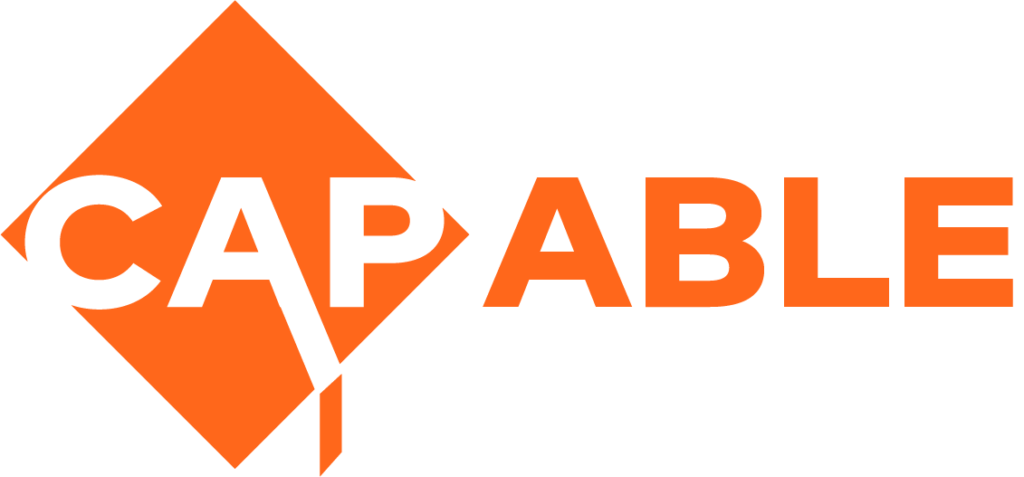
What is disability?
Impairment is the loss of a function of the body.
For example, when someone has difficulty seeing or cannot see at all.
Impairments are mostly irreversible and lifelong. Sometimes the impairment can be treated, for example in the case of vision by using spectacles as prescribed by an optician.
Disability is when the person has an impairment and experiences a barrier that prevents them for performing or participating in an activity.
For example; if someone cannot see at all, and therefore cannot read printed materials. If the materials were in braille, there would be no barrier for the person to read.

Impairment is not a problem in itself. But it is the barriers in society which restrict the participation of a person with an impairment that make it problematic.
In the United Nations Convention on the Rights of Persons with Disabilities (UNCRPD), the following definition is given for persons with disabilities:
Persons with disabilities include those who have long-term physical, mental, intellectual or sensory impairments which in interaction with various barriers may hinder their full and effective participation in society on an equal basis with others.
UNCRPD
Related Articles
Other Links
RECEIVE OUR UPDATES
- →
-
Chat with Us!
Do you have a comment, suggestion, question or request for more information? Let us know!



